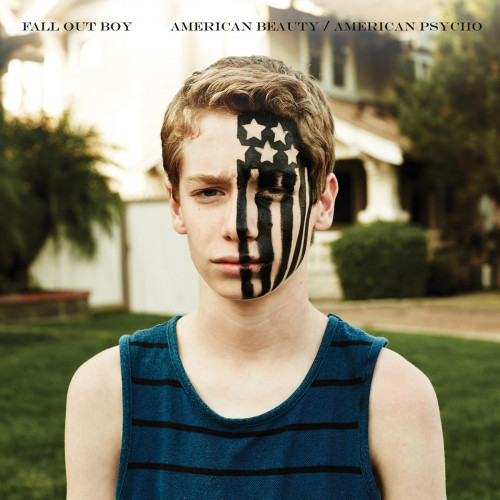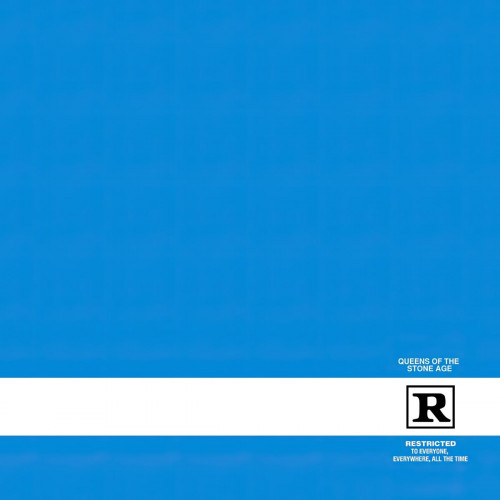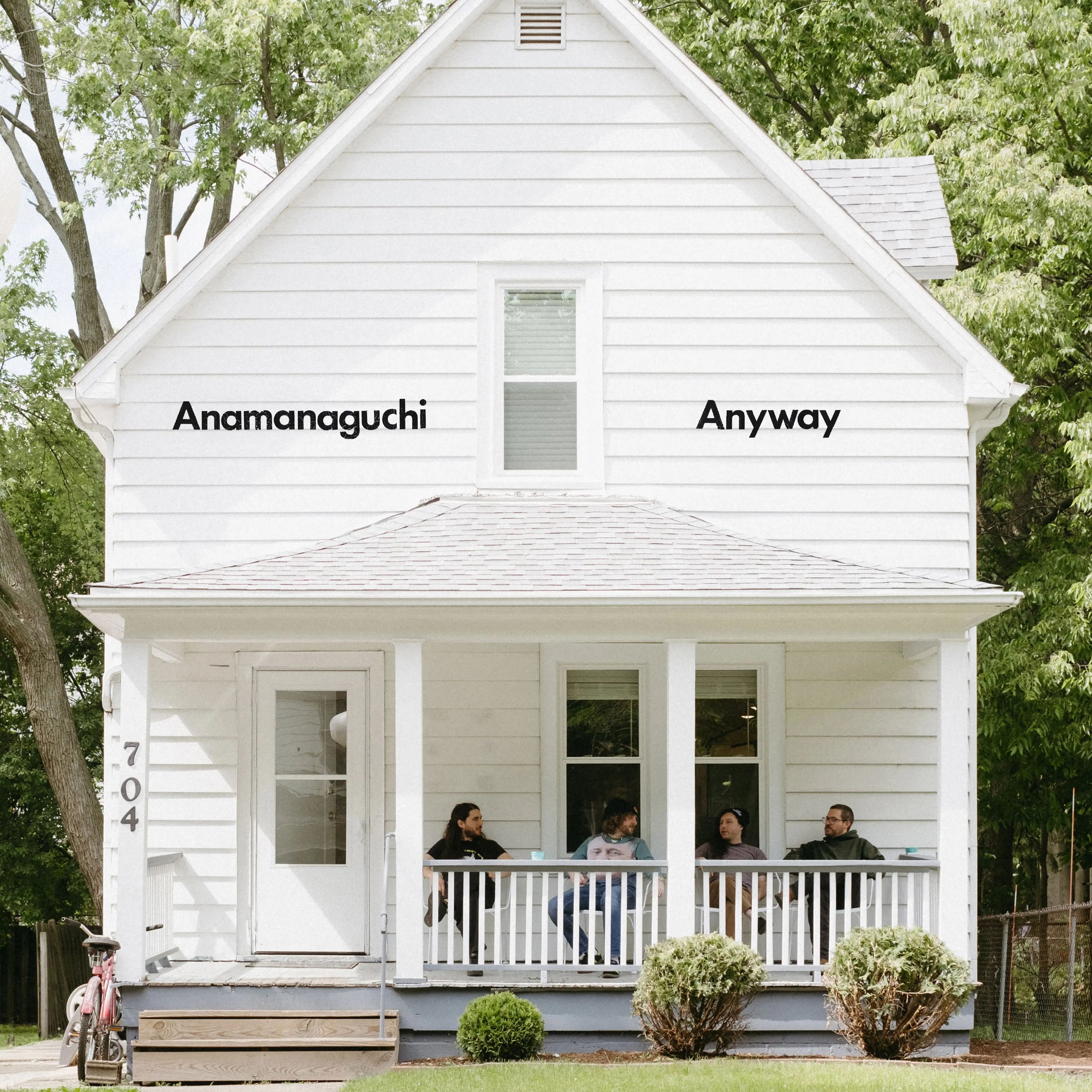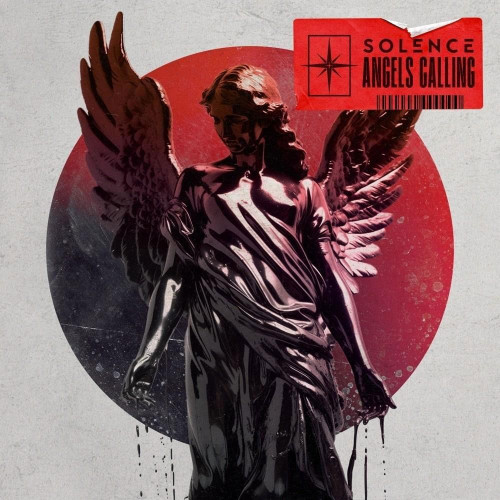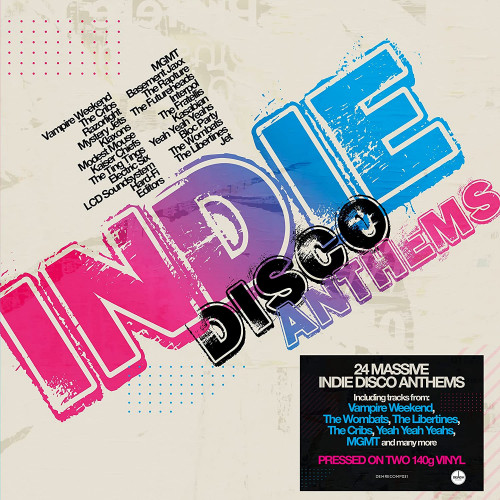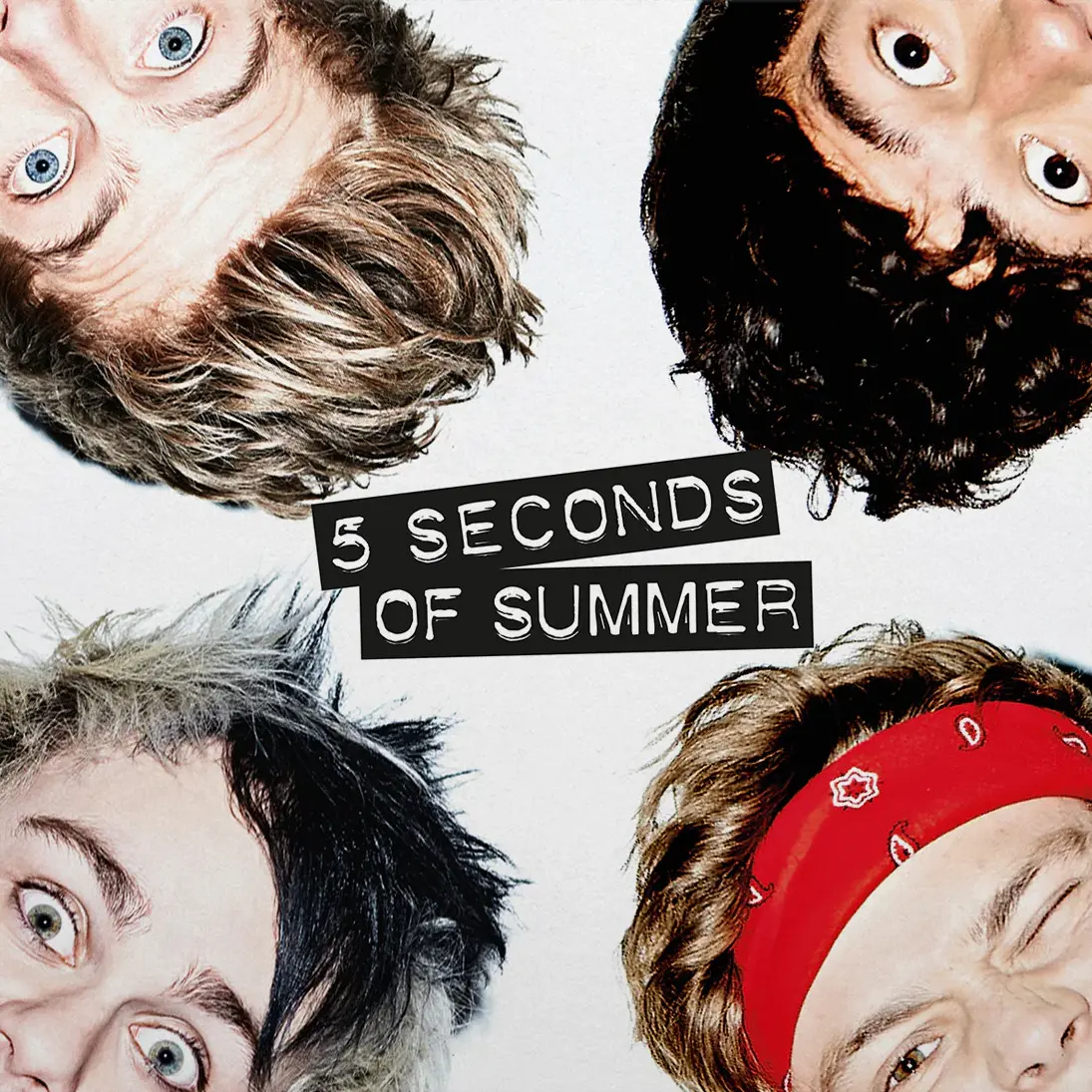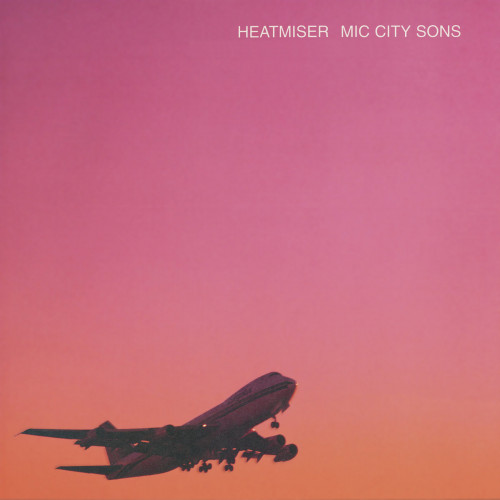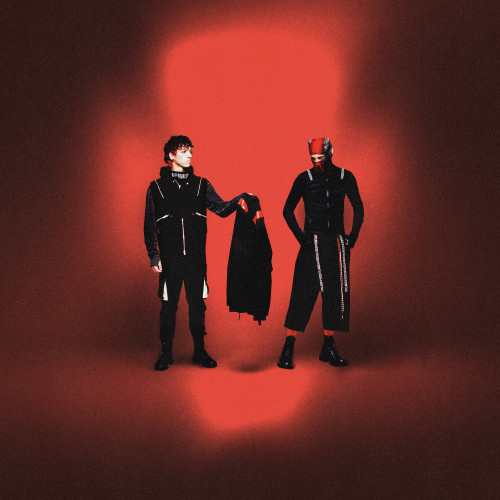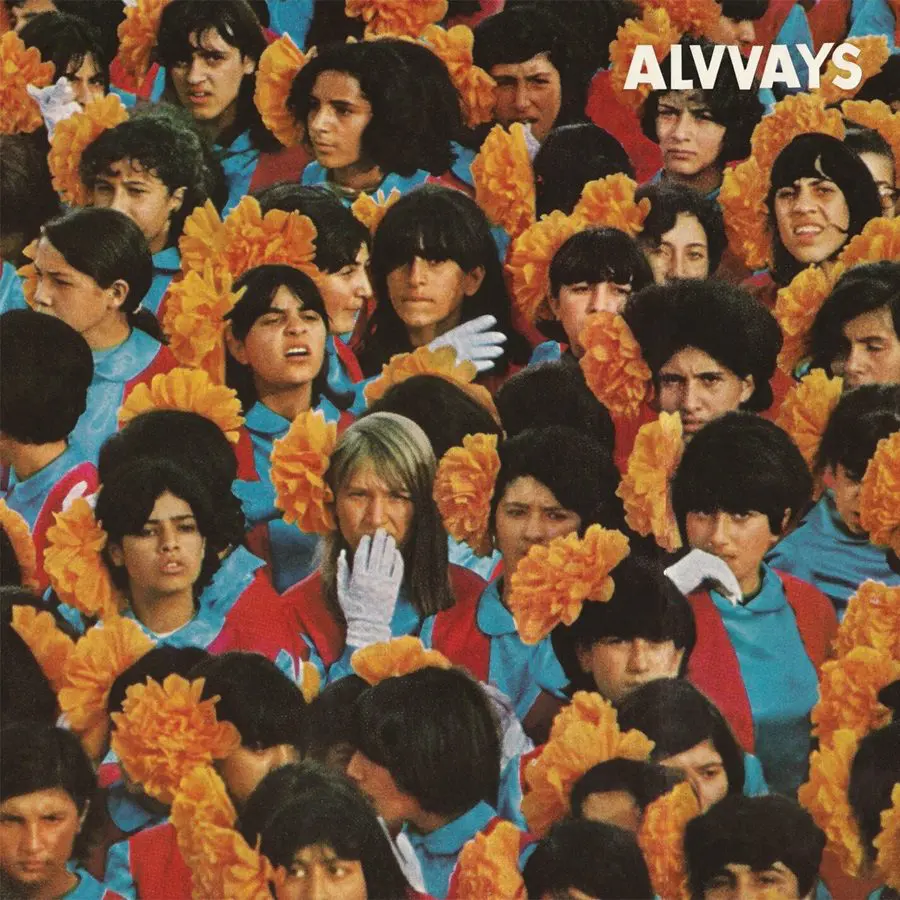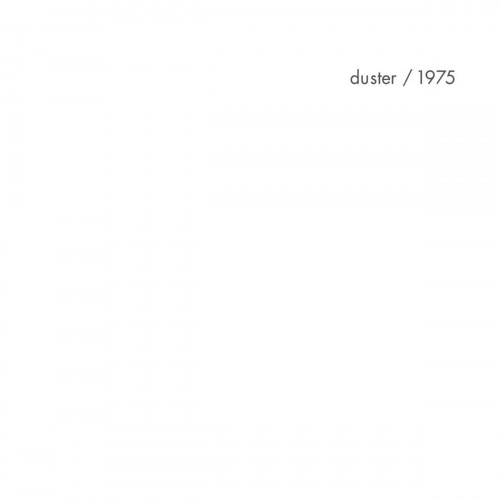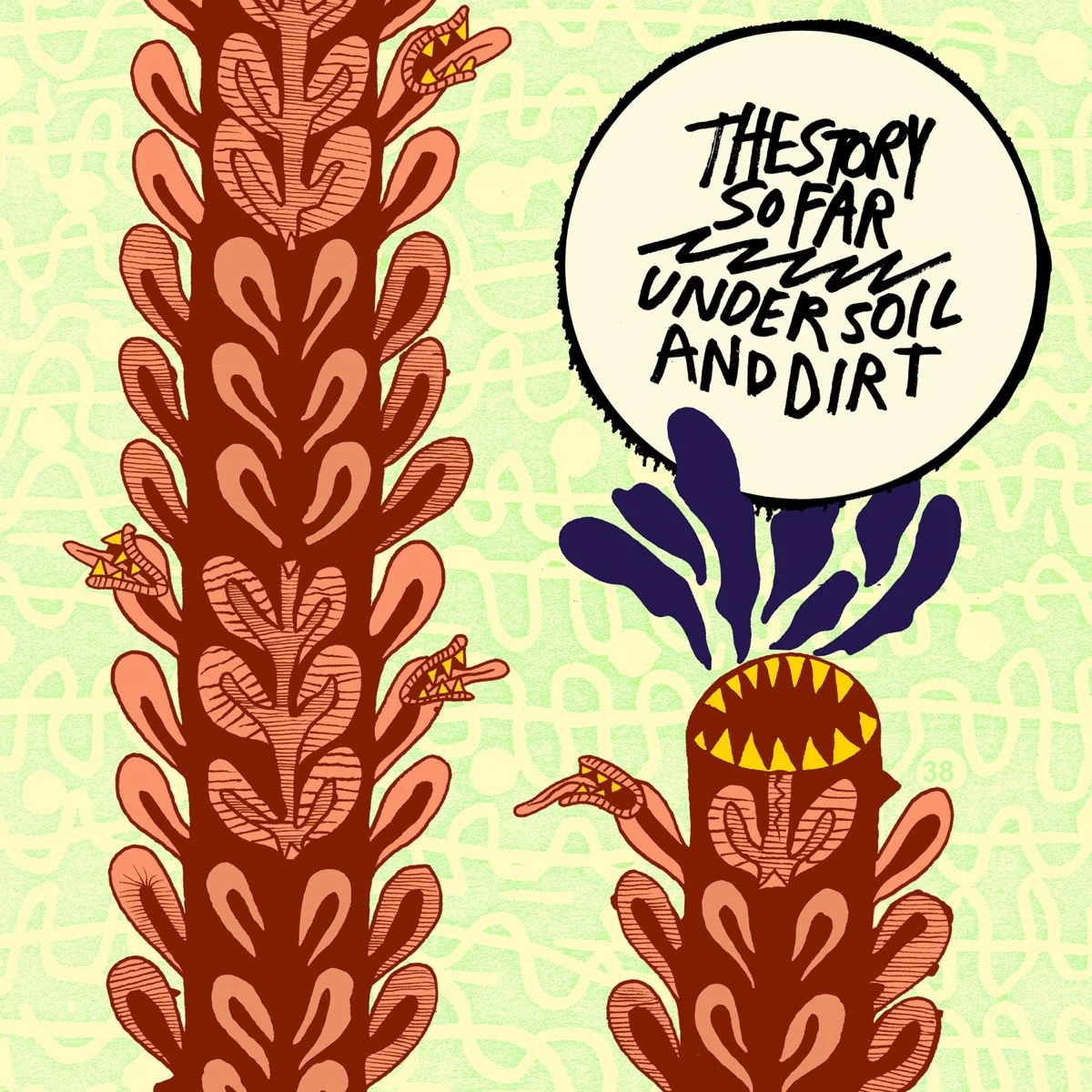Who knew that Sgt. Pepper's was once again the in record for now hipsters? First, Panic at the Disco dropped the exclamation mark and donned trippy marching uniforms for the psychedelic pastiche Pretty, Odd, now Fall Out Boy follow with Folie à Deux, a record that doesn't attempt to re-create the sound but the spirit of 1967, when rock bands would try anything on their LPs, especially if it included lots of orchestration. Strings are only one of the accoutrements on Folie à Deux. Fall Out Boy pile everything onto their fifth album: cameos from superstars and running mates, so many that Lil Wayne and Debbie Harry are barely heard; thundering arena rock rhythms and ultra-slick hair metal riffs; hints of soul and R&B; synths lifted from new wave singles and retro hits alike. If only it were done with a modicum of care, it might seem like a crazy postmodern hall of mirrors, but Fall Out Boy are too artless to be postmodern. They're hyper modern, flitting through the past and present, taking nothing seriously and taking everything they can, cramming so many allusions into their overstuffed songs it's impossible to tell what is intentional and what is accidental. (Are those crashing chords on "Disloyal Order of Water Buffaloes" really taken from "Baba O'Reilly"? Do they realize "I don't care what you think/Just as long as it's about me" is from Nirvana's "Drain You"? Does it matter?)
Uncertainty about FOB's intentions is a problem intensified by how lyricist and de facto leader Pete Wentz writes every line with a smirk (it's a wonder he's yet to title a song with an emoticon) and how singer Patrick Stump treats every lyric as if it's sacrosanct, never acknowledging that there just might be a pun there. Stump's one quirk is an unhealthy obsession with Elvis Costello, borrowing so many of Costello's overheated mannerisms that when the man himself appears for a show-stopping cameo on "What a Catch, Donnie," it takes a moment to register that he's really in the studio singing on an overblown song that also features members of Gym Class Heroes and the Academy Is..., and even contains a passing Beatles allusion when somebody sings "Sugar, We're Going Down" on the close out, just like how John sang "She Loves You" at the end of "All You Need Is Love." Whether intentional or not, there's a certain glee to FOB's pop absurdity because their cheerfully careless genre-bending has no reverence: fitting all these sounds and jokes into a pop song is all a game and it's one listeners can share, whether they're playing spot-the-allusion or just succumbing to the sugary hooks clustered within one track. It would be more fun if these hooks were polished into something resembling a constructed pop song - FOB's melodic phrases don't necessarily lead to the next - and if the production weren't so brittle and digital. When there's as much going on in a mix as there is here, there needs to be room to breathe and there is none on Folie à Deux, with every little detail louder than the next. It also might help if Stump for once would realize that he is singing the words of an unrepentant goofball who gave his newborn son a name whose initials are BMW - everybody else in the band and audience is having some fun, why not Stump? - but that disconnect is yet another way that Fall Out Boy capture the Zeitgeist of the latter half of the 2000s better than any band: there's so much going on in Folie à Deux, you either choose to take it all seriously or take none of it. Fall Out Boy make as much sense when heard either way.
- Stephen Thomas Erlewine - allmusic.com
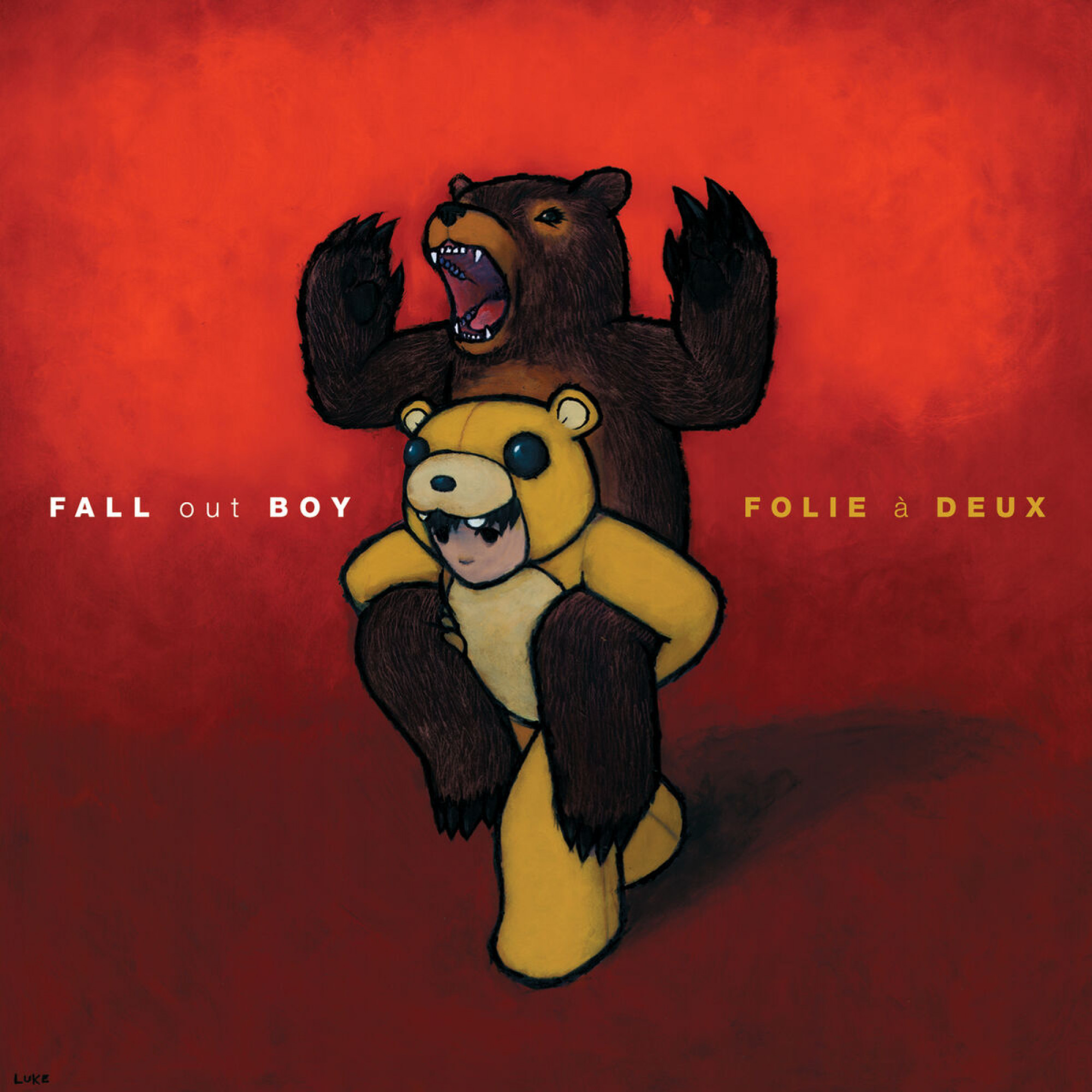
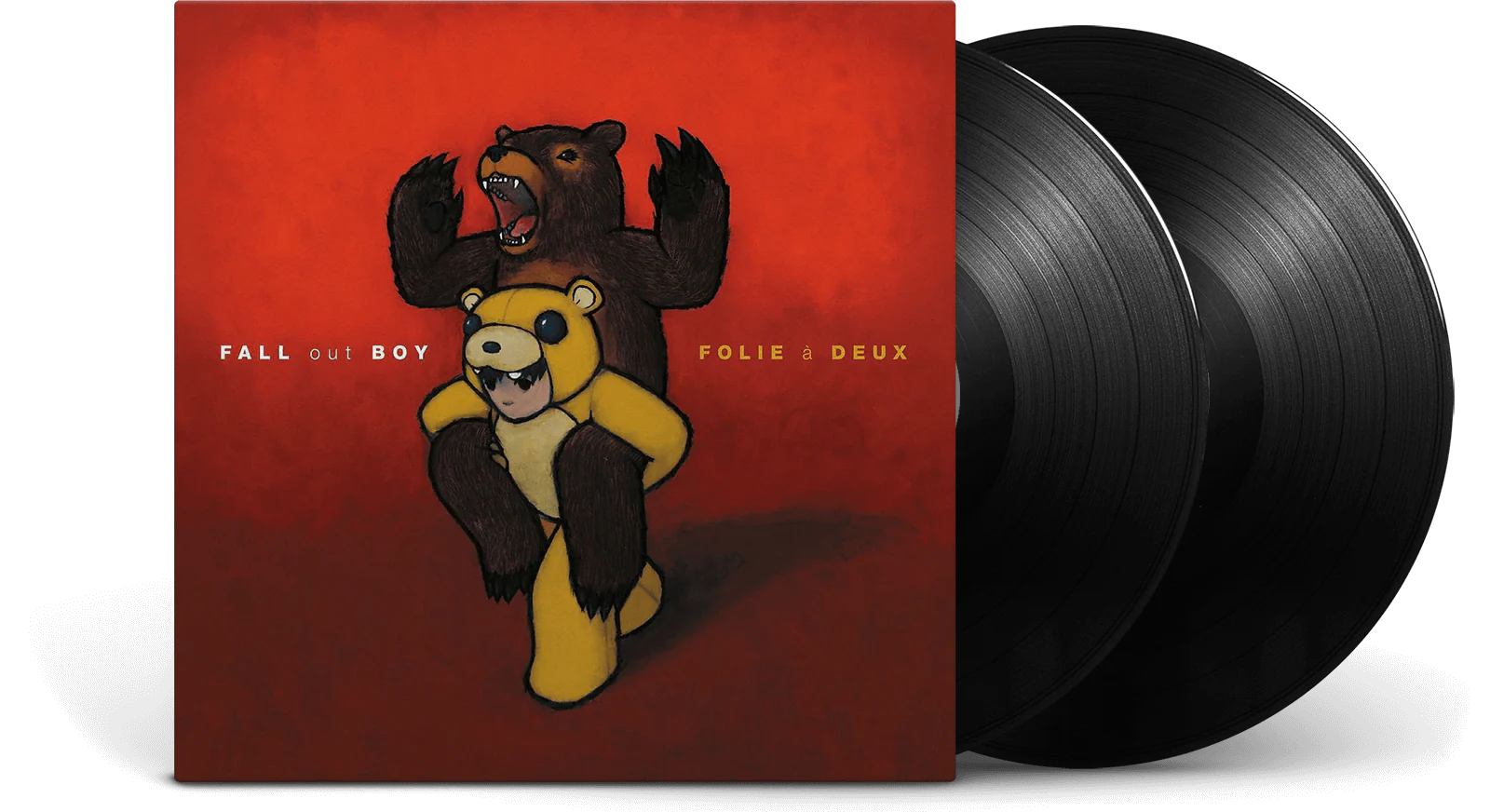
-stardust-vinyl-500x500.jpg)

